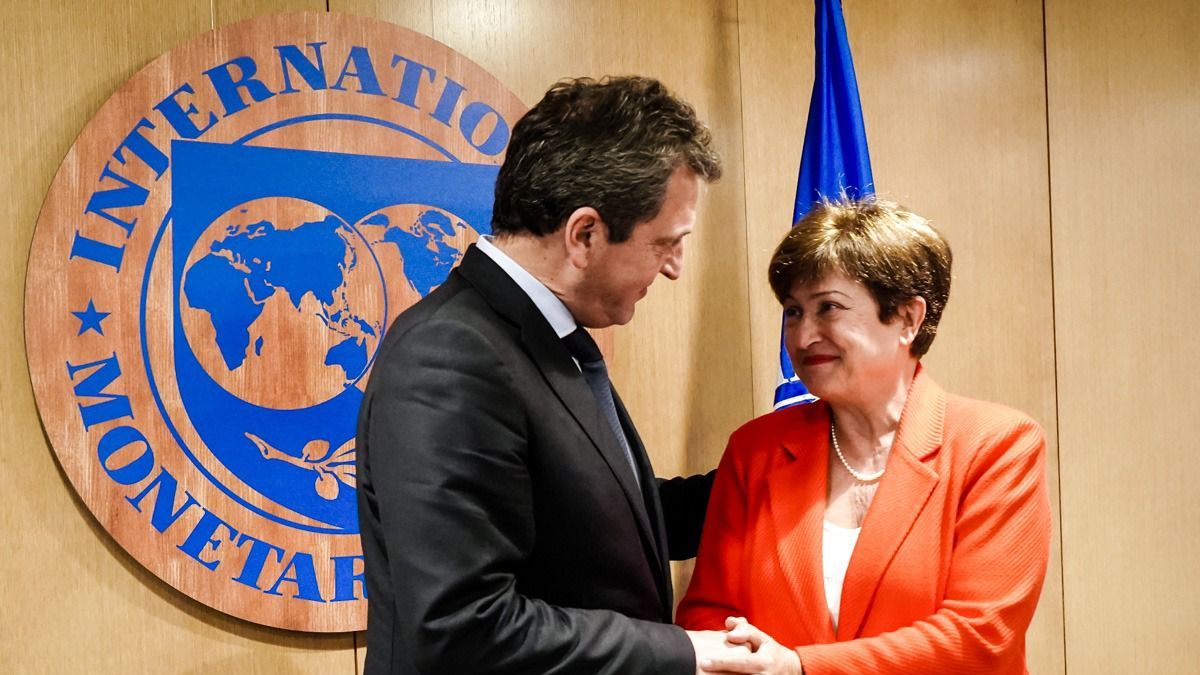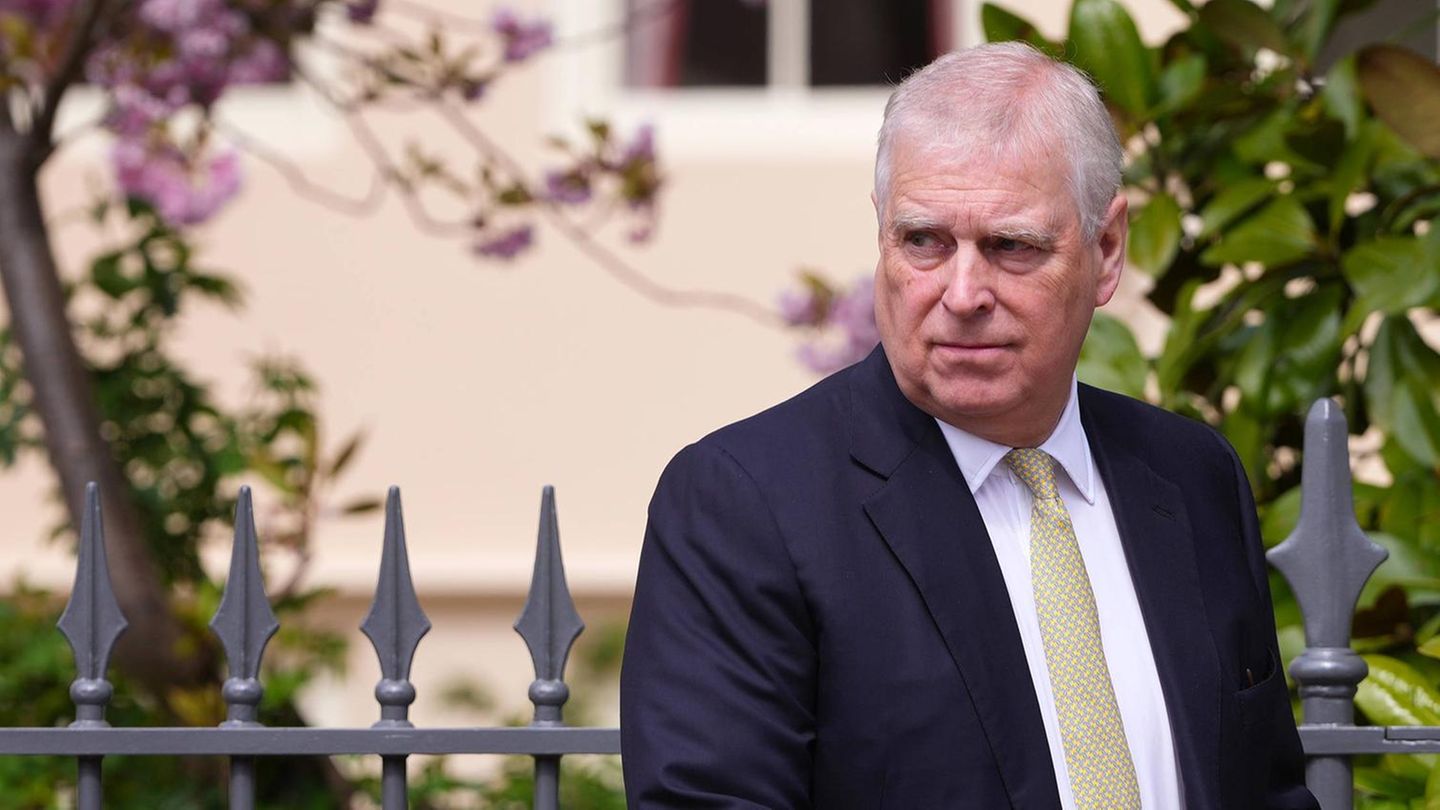At that time, the Fund made it clear to the men and women of the Palacio de Hacienda that both the deficit goals of 1.9% over GDP and the issuance of 0.6% are non-negotiable; but that the level of reserves agreed at US$5.2 billion will take into account in 2023 the cost of importing energy in 2022. And that although the final number will not be reviewed, the money can be taken as a calculation that the IMF delivers to the country during the year for the cost of the gas price.
The problem is that the parties have not yet agreed on this additional cost. For Argentina it was more than US$4.5 billion, while the IMF still does not take into account more than US$3 billion. Both local and Washington officials also know that the money difference is not that much, and that, ultimately, the final decision is political and that it will have the direct intervention of Kristalina Georgieva and Gita Gopinath.
The number one and two of the IMF have this issue in their portfolio to discuss and approve on the Board of the organization, not only to help the extra price for energy imports that Argentina had to pay, but also a large part of the emerging markets; with which, in reality, the amount that will correspond to the country depends on what the board of directors of the organization decides after the report presented and defended by Georgieva and Gopinath.
The discussion is more than important. Depending on the number on which the Fund and Argentina agree, it will be the relief that the country may have this year in terms of the need for reserves and the requirement of a trade surplus.
The maximum hypothesis that is handled in Buenos Aires is that the money in question could be contributed by the IMF itself during the second semester of 2023 through the Special Drawing Rights (SDRs); money that would go directly to the reserves. And the sooner there is an agreement, the sooner the dollars will arrive at the Central Bank. For this reason, Argentina wants the debate to take place soon.
The issue had already been discussed at the G20 summit in Bali at the beginning of November 2022, in the meeting that President Alberto Fernández and Massa held face to face with Georgieva and Gopinath. The managing director and her number two opened the discussion by acknowledging that there should be some kind of reward for the extra cost that there was for the national accounts (and for the whole world), due to the increase in the price of fuels from the war in Ukraine; but they set as a starting point to comply in 2022 with the Extended Facilities.
The Minister of Economy had delivered a “paper” prepared by Rubinstein and the person in charge of relations with international financial organizations, Marco Lavagna, in Bali, where it was recalled that “the value of fuel imports increased to u$s 5,756 million, when the projected value before the war was 1,999 million” of that currency. “This meant a net increase of US$3,757 million”, while “the net exports of the agro-export complex were US$617 million above those projected before the war.” However, “the cost of shipping exports suffered an increase of $1.8 billion over prewar forecasts.”
Source: Ambito
David William is a talented author who has made a name for himself in the world of writing. He is a professional author who writes on a wide range of topics, from general interest to opinion news. David is currently working as a writer at 24 hours worlds where he brings his unique perspective and in-depth research to his articles, making them both informative and engaging.




